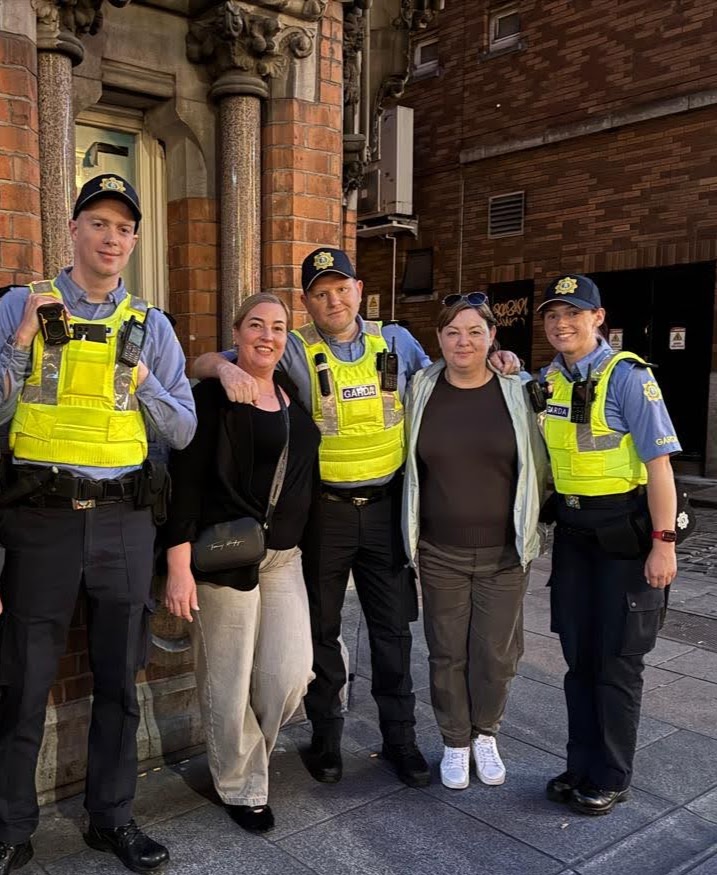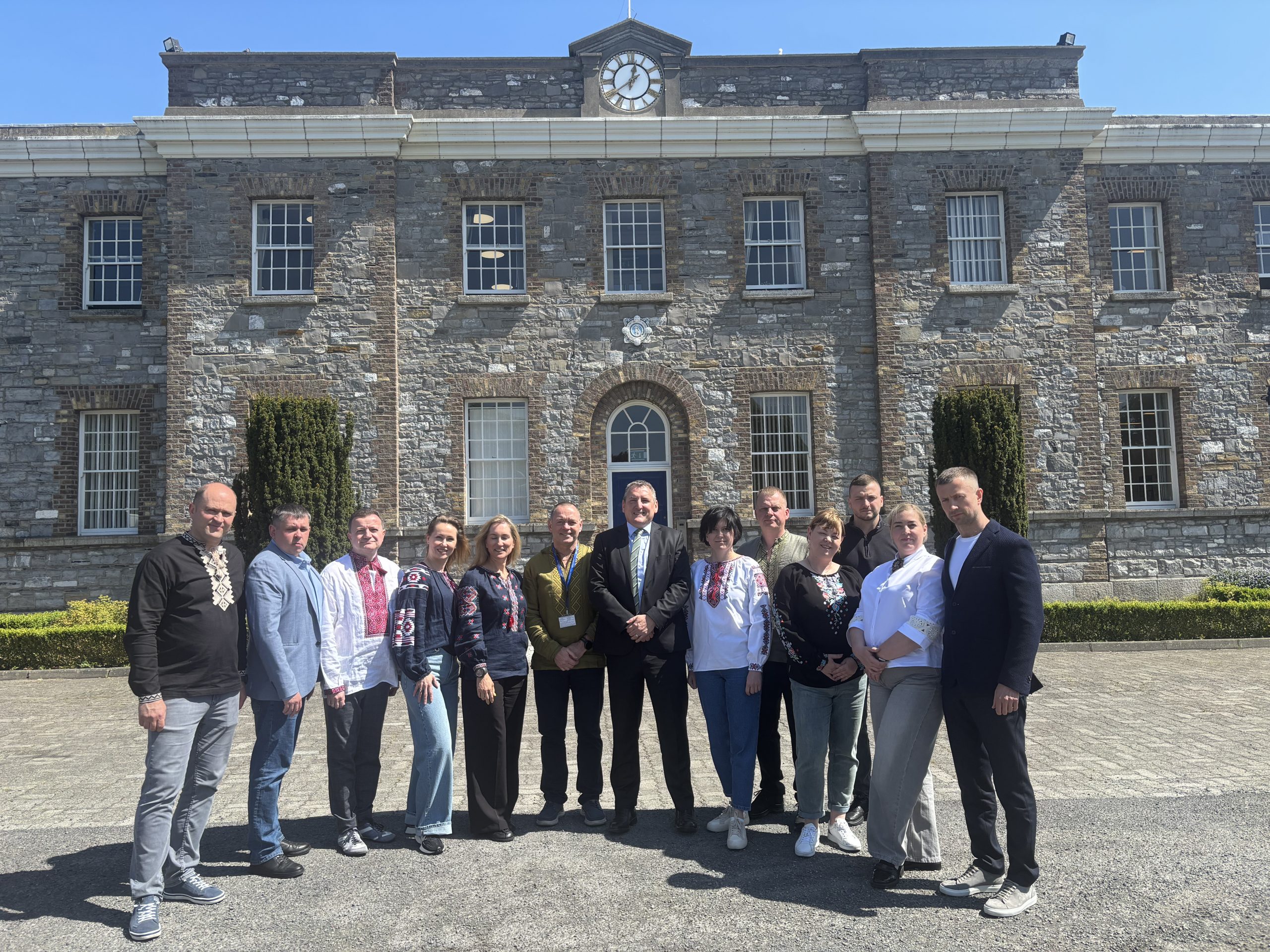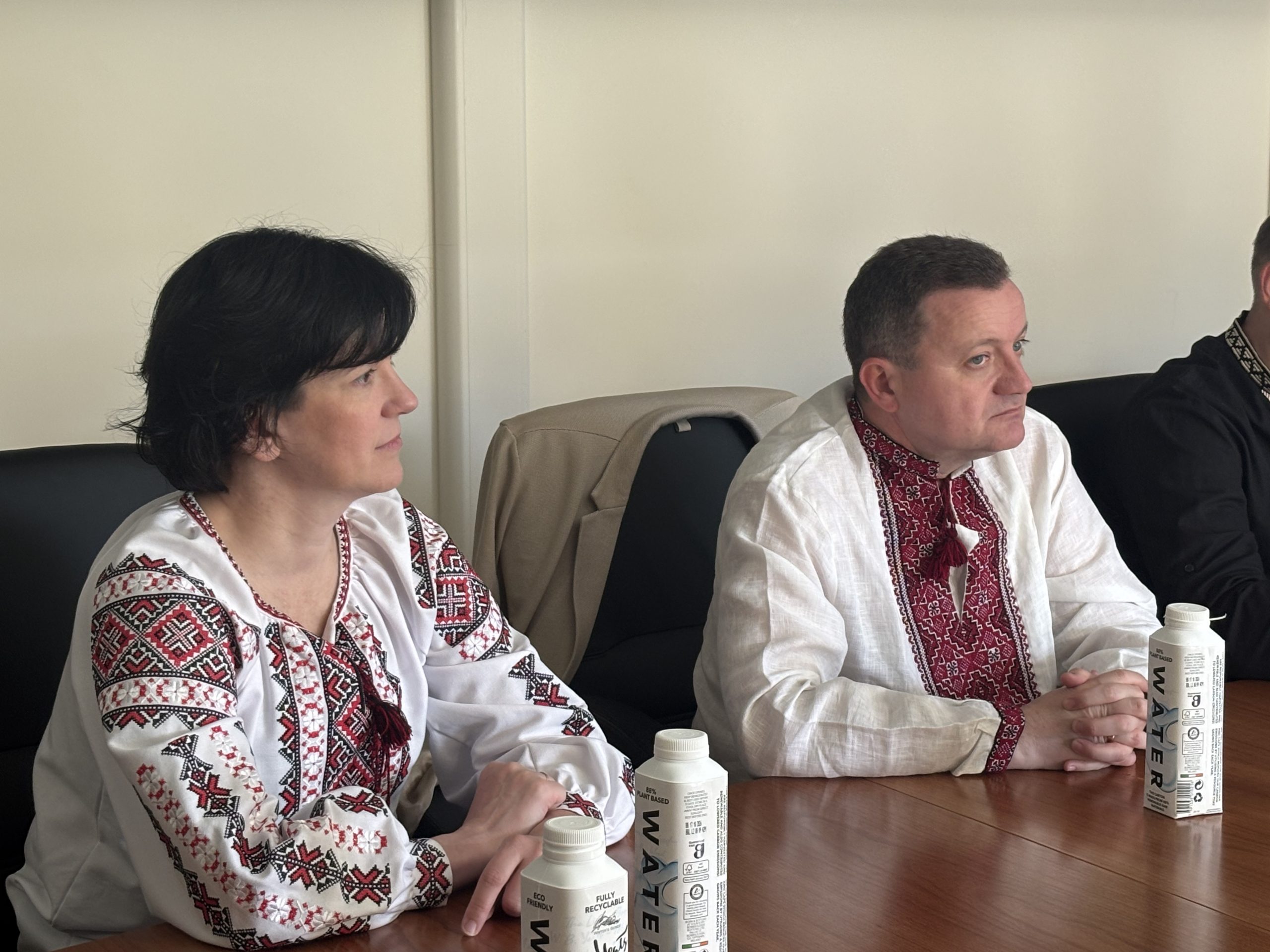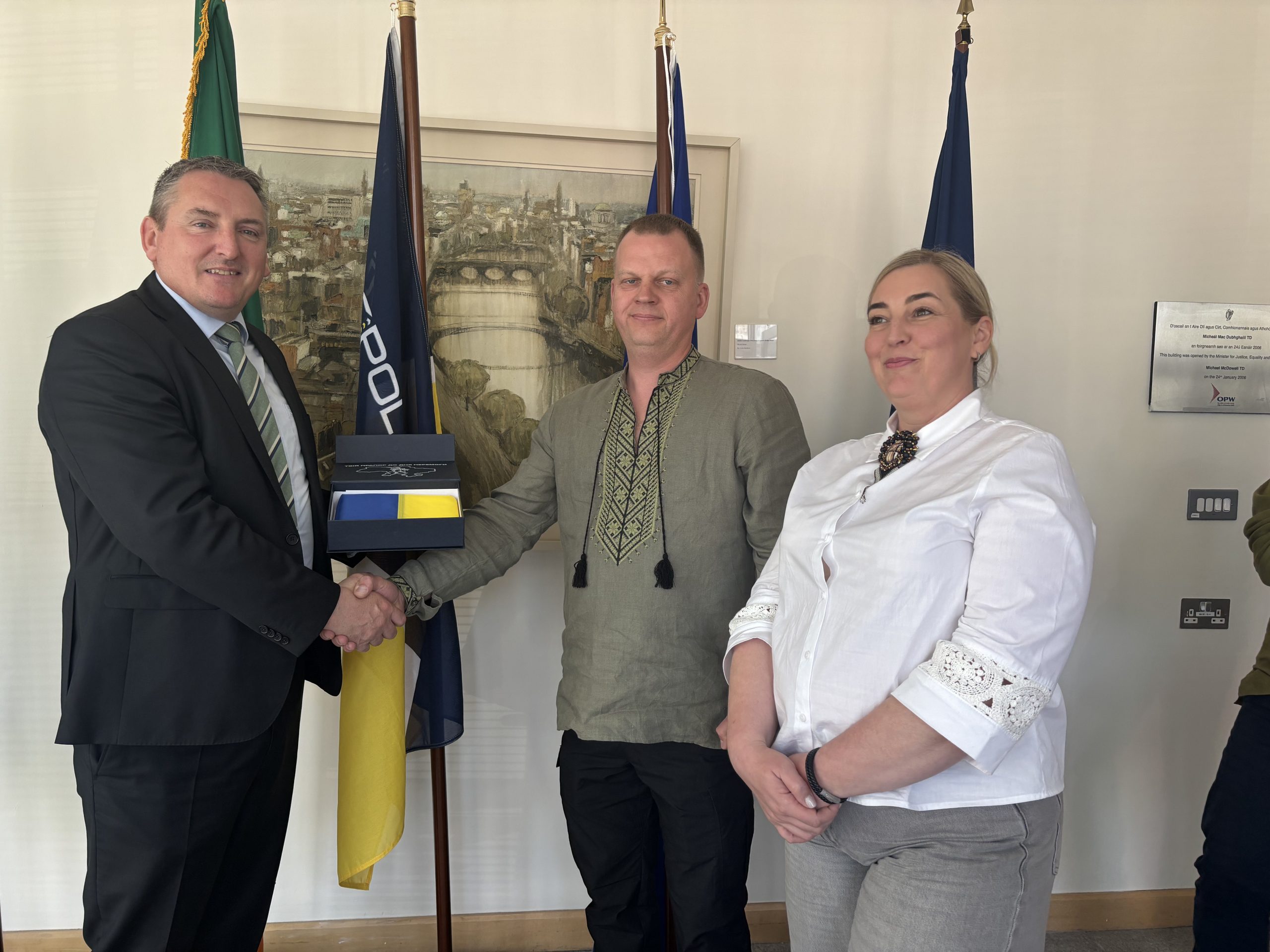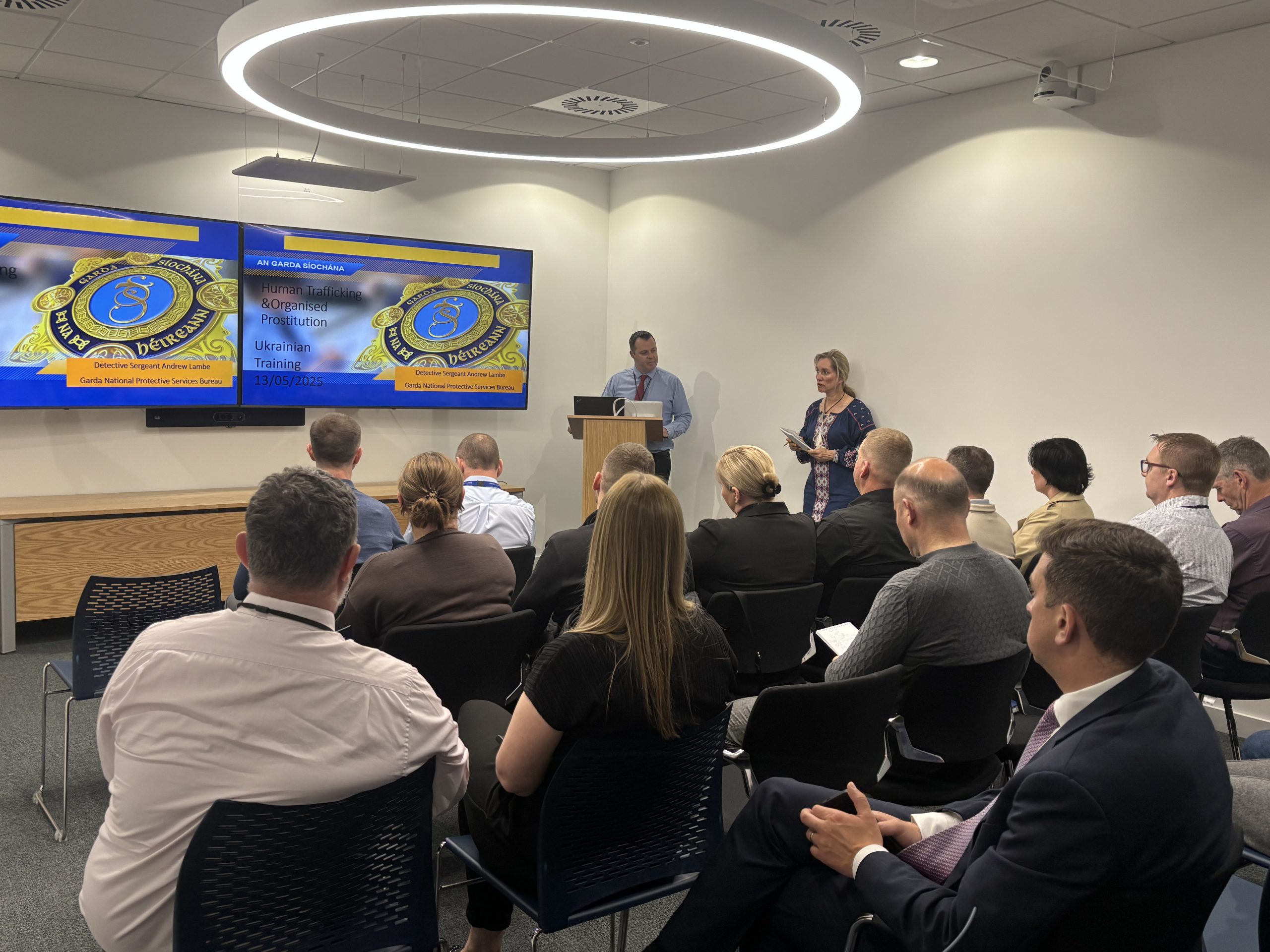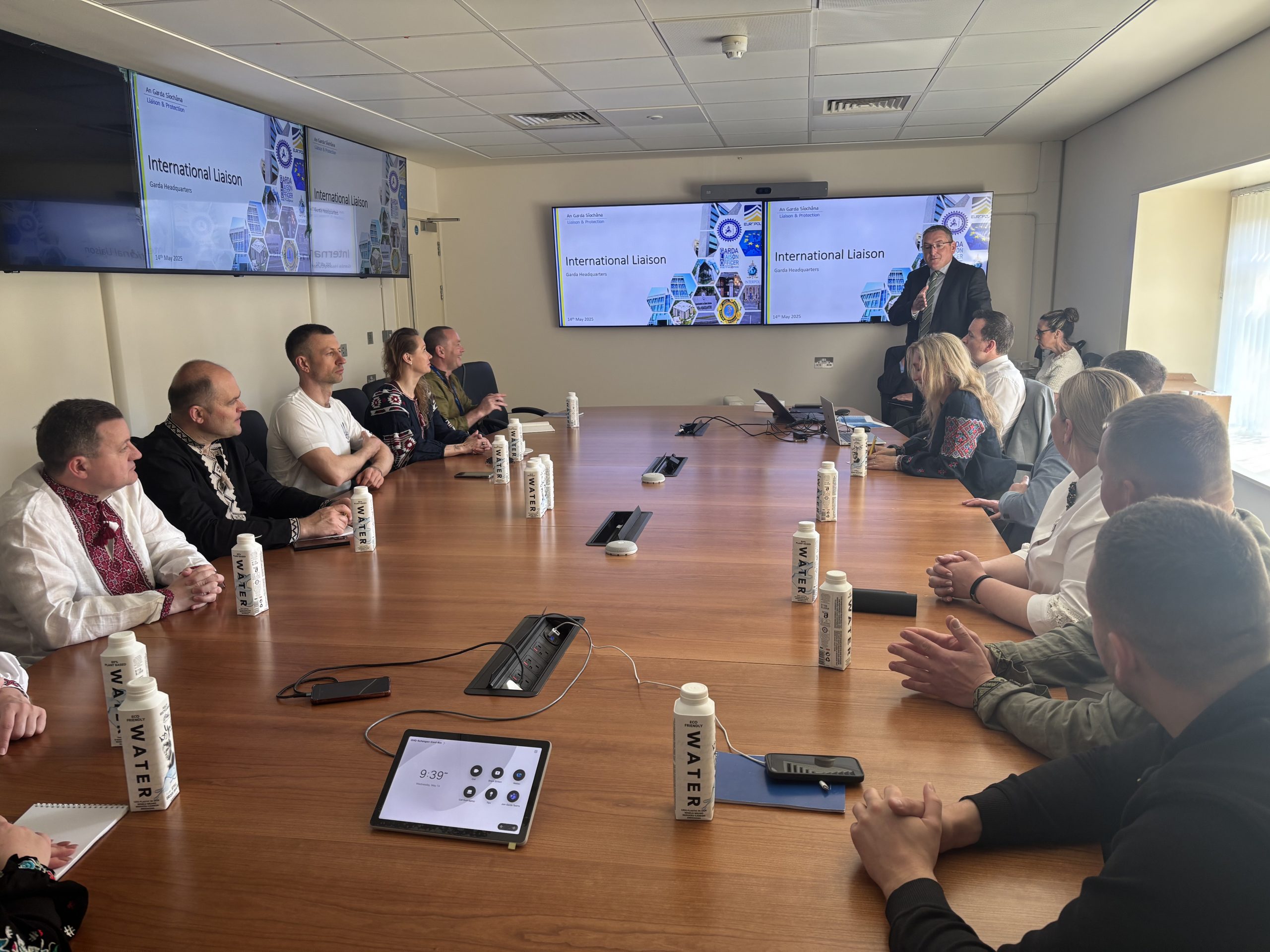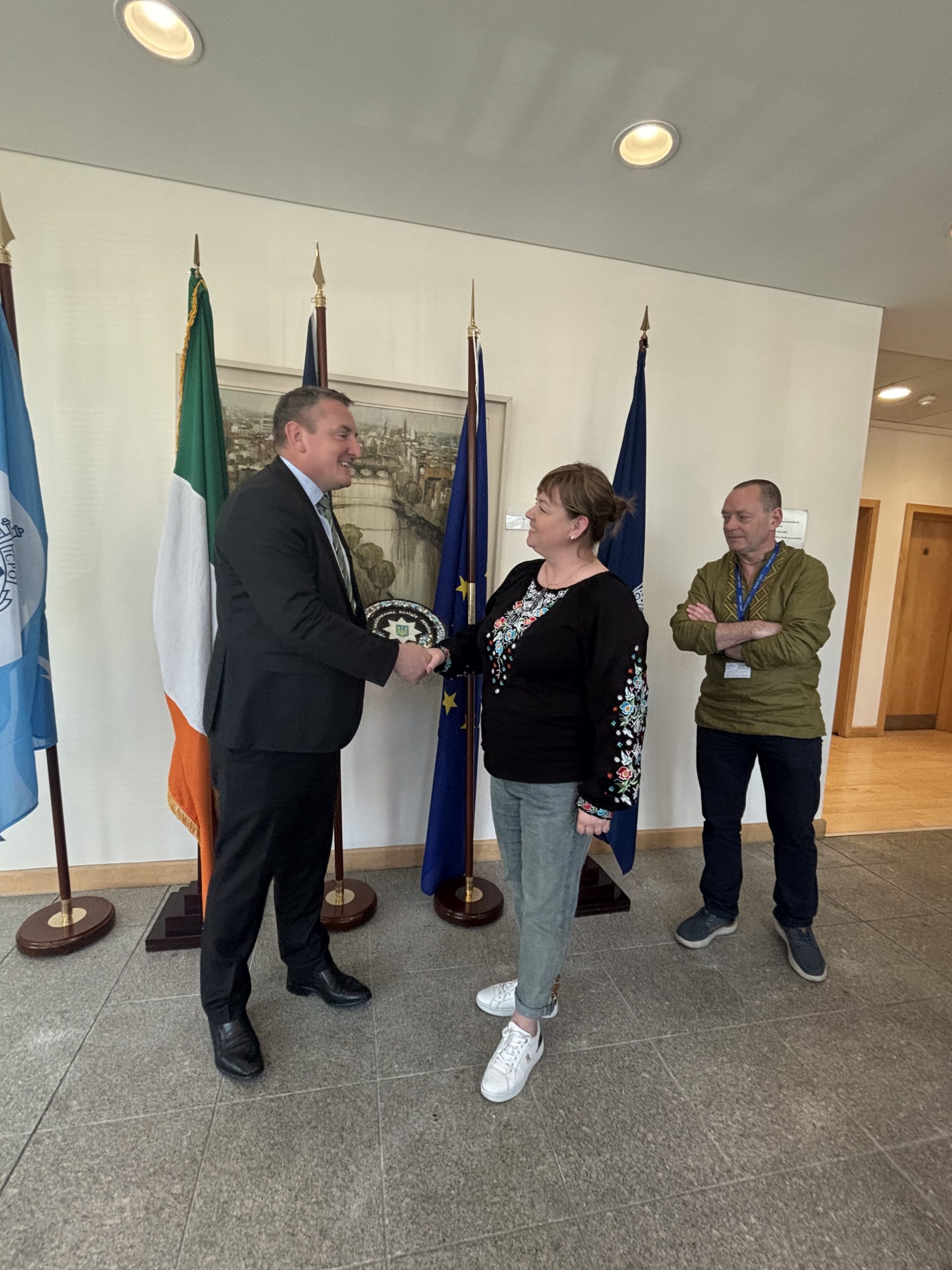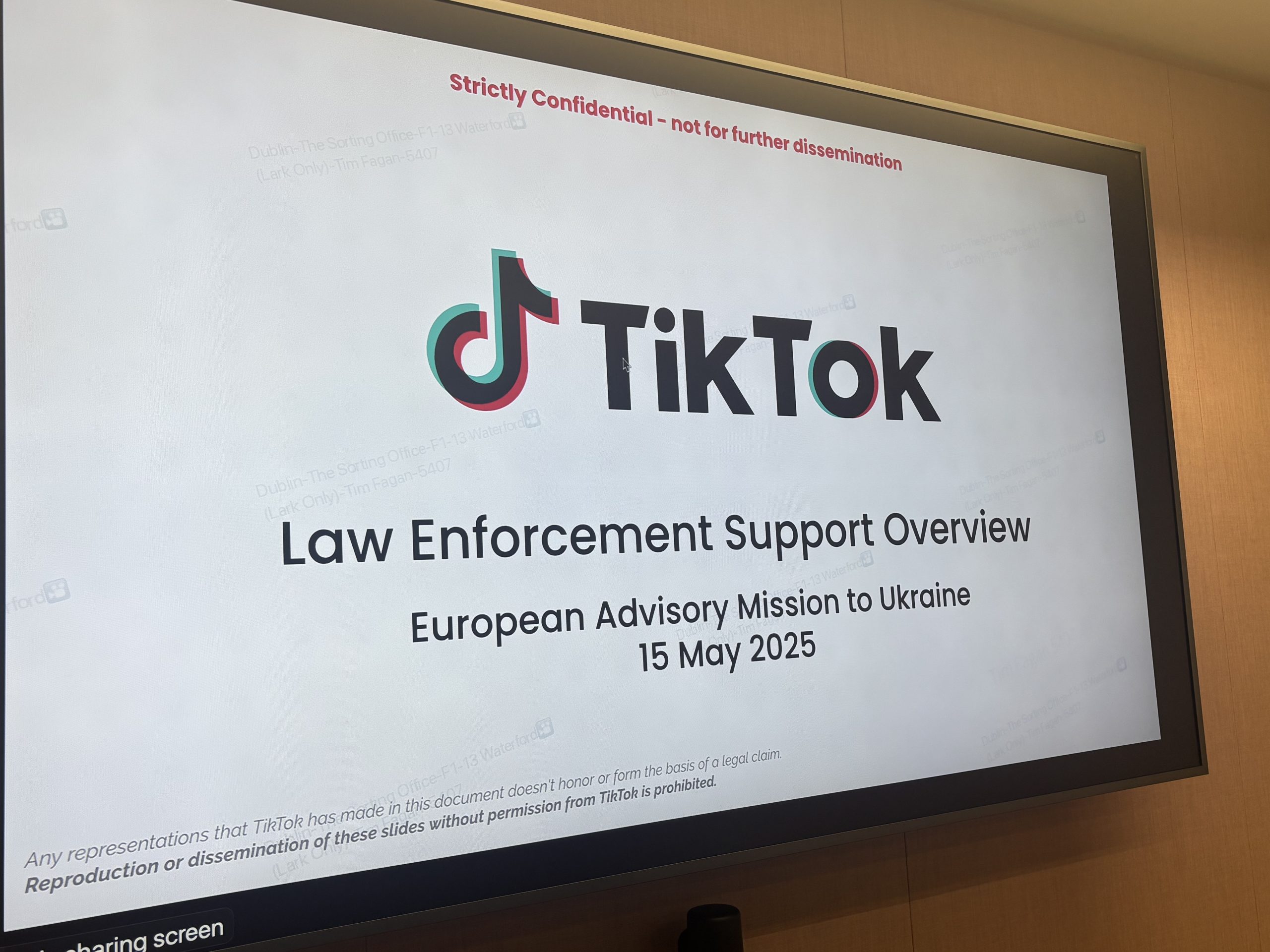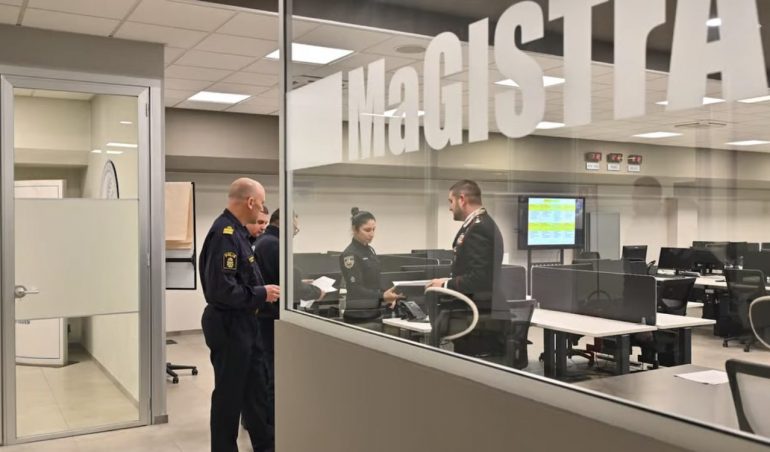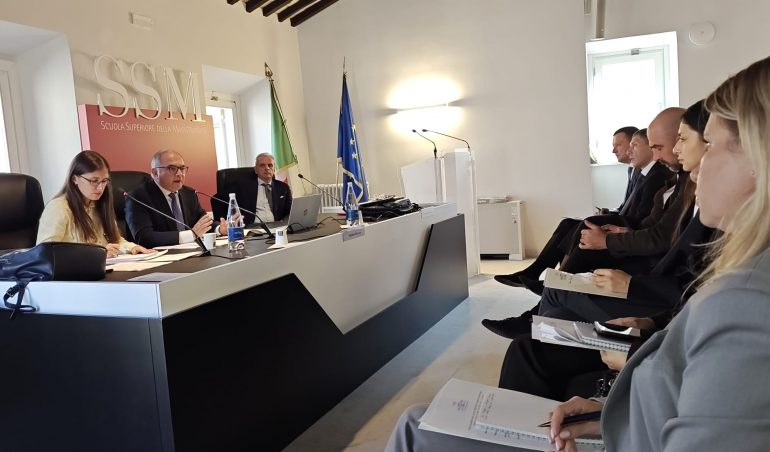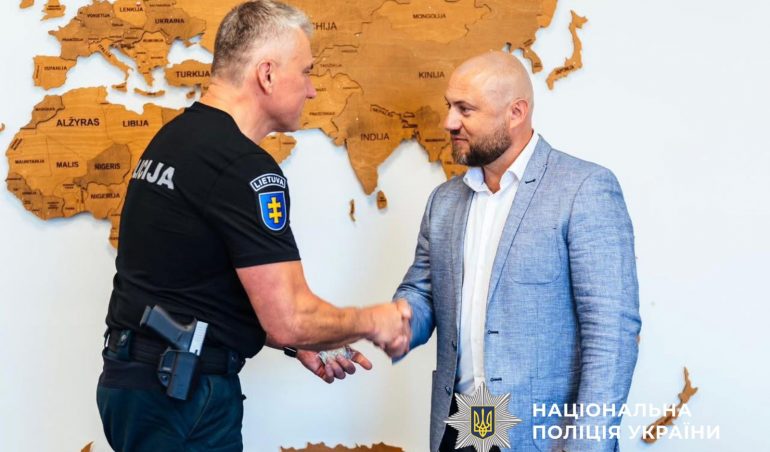Ukraine Strengthens Its Fight Against Human Trafficking and Cybercrime with Lessons from Ireland
June 06, 2025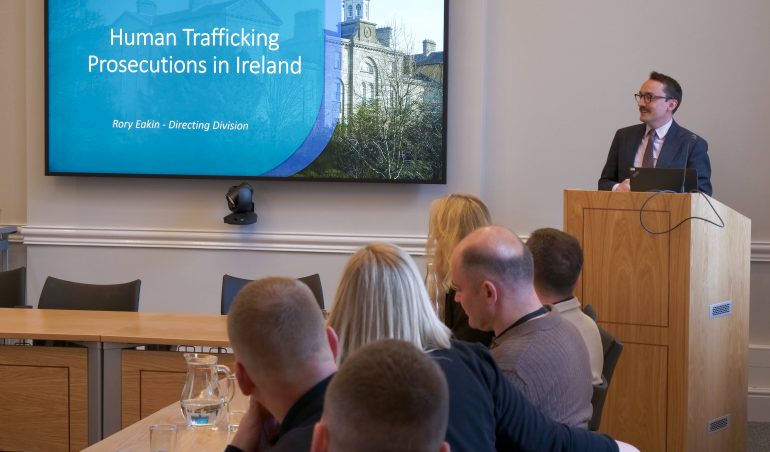
Human trafficking, smuggling, money laundering, and cybercrime rarely stop at national borders. For Ukraine — a country under full-scale invasion — these crimes are not only persistent but increasingly complex. Instability creates gaps that organised criminal groups are quick to exploit. To respond effectively, Ukraine needs strong international partnerships, modern investigative tools, and practical knowledge-sharing with global counterparts.
In mid-May, the European Union Advisory Mission (EUAM) Ukraine led a study visit to Ireland for ten prosecutors and investigators from Ukraine’s liberated regions. The goal was to enhance Ukraine’s ability to investigate and prosecute cross-border crimes, protect victims, and engage more effectively with international networks and digital platforms.
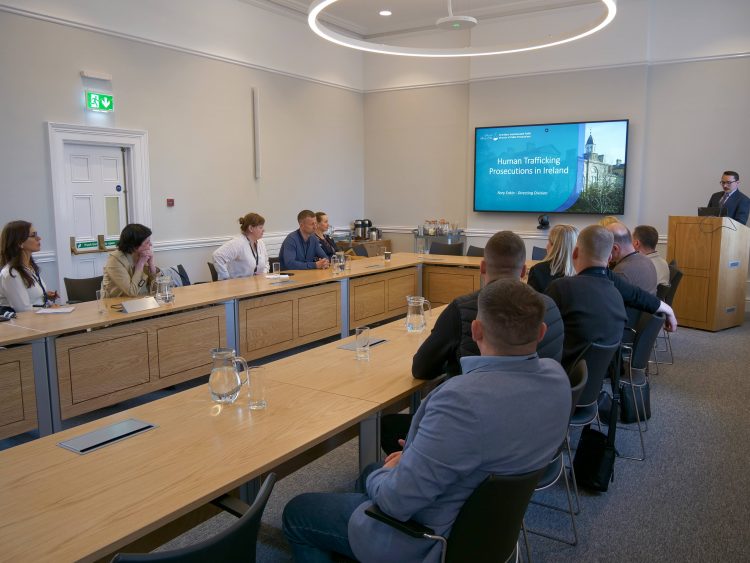
Combatting Human Trafficking
One of the most urgent challenges for law enforcement is human trafficking — particularly in regions destabilised by war. During the visit, Ukrainian participants explored how Irish institutions respond to this through a coordinated legal, operational, and humanitarian lens.
At the Office of the Director of Public Prosecutions (ODPP), participants learned how Ireland handles trafficking cases, guided by prosecutorial standards, international obligations, and strong victim protection mechanisms. The session covered asset seizure, cross-border cooperation, and the principle of non-prosecution for victims.
Ireland’s Garda National Protective Services Bureau complemented this with practical insights: how to distinguish trafficking from smuggling, identify signs of exploitation, and uncover organised prostitution networks — including cases involving Ukrainian nationals as victims.
“The trip was a powerful source of ideas and inspiration for implementing new approaches in our system,” said Alona Salomatina, a prosecutor of Dnipropetrovsk regional prosecutors office. “An extremely useful experience: seeing how the Irish justice system works and comparing approaches to combating human trafficking”.
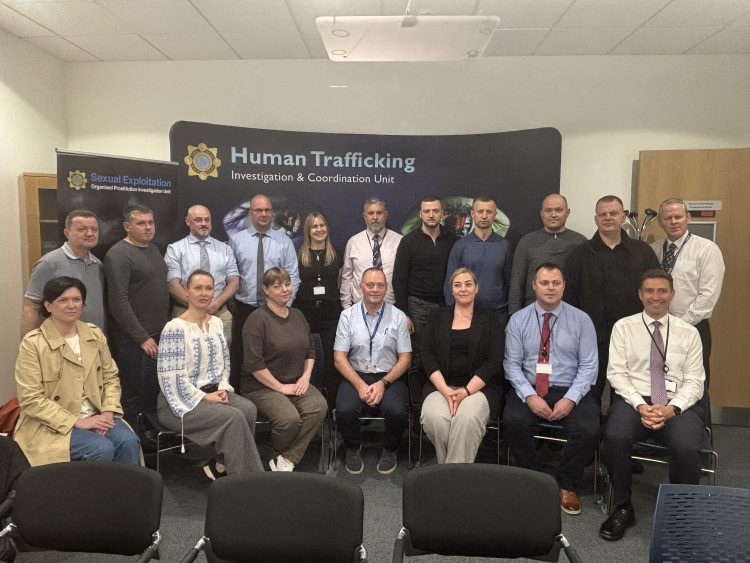
Victims come first
Beyond prosecution, a justice system must protect its most vulnerable. At Dublin’s Criminal Courts of Justice, Ukrainian prosecutors and police officers observed murder trials and toured specialised suites for vulnerable witnesses and child victims.
These purpose-built spaces — operated by a charity with government support — include video link rooms and child-friendly areas that ensure a safe environment during testimony. The process for handling individuals in detention was also explained, offering participants a practical look at how protection is integrated into daily court operations.
It is worth noting that psychological support is mandatory for Irish officers working with sensitive content. This approach is equally important for resilience among Ukrainian partners, as the country faces growing online threats — and those involved in investigating and prosecuting such crimes must be well-resourced to remain effective and avoid burnout.
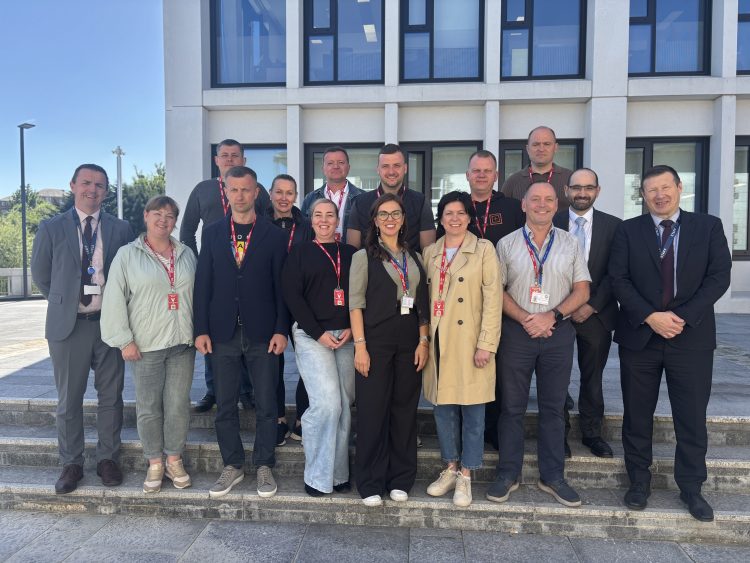
Investigating Financial and Cybercrime with Precision
With cross-border financial crime and cyberattacks on the rise, the visit also focused on how Ireland tackles modern digital threats.
At the Garda National Protective Services Bureau participants learned how online abuse cases are reported via the National Center for Missing and Exploited Children (NCMEC), how digital evidence is preserved, and how IP-based investigations are conducted.
The economic crime team detailed how money laundering schemes operate across Europe — from underground banking to cryptocurrency fraud and luxury asset investments — often involving transnational organised crime groups.
Ireland’s Cyber Intelligence Unit also presented its work on dark web investigations, child exploitation cases, and cyberattacks on critical infrastructure.
“A lot of useful information specifically on combating human trafficking and using databases available to the Irish National Police. Interaction between different departments, implementation, and police powers,” shares Stepan Okopnyi, a prosecutor of Luhansk regional prosecutors office.
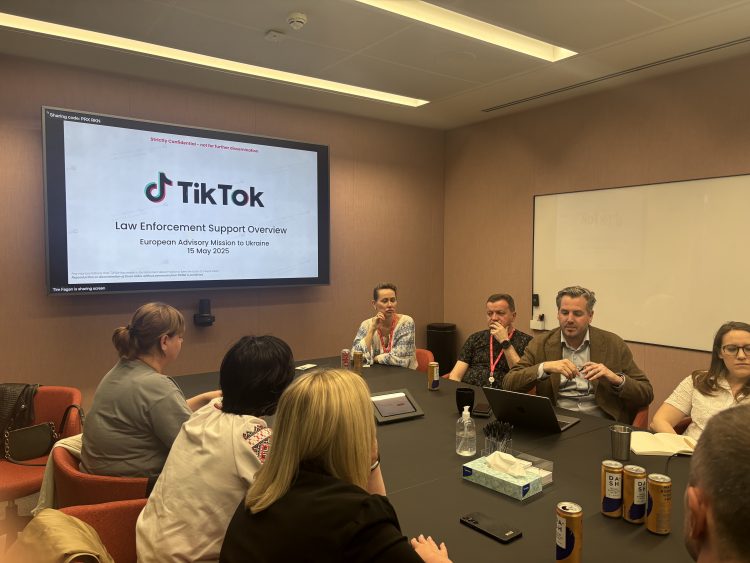
A visit to TikTok’s European headquarters gave participants a rare look into how a major tech platform cooperates with law enforcement. The Law Enforcement Response and Trust & Safety Teams explained how data requests are handled, what types of user information can be accessed, and how cases involving human trafficking or child exploitation are escalated.
Until recently, many Ukrainian investigators lacked clear procedures or confidence when dealing with tech companies. This visit bridged that gap.
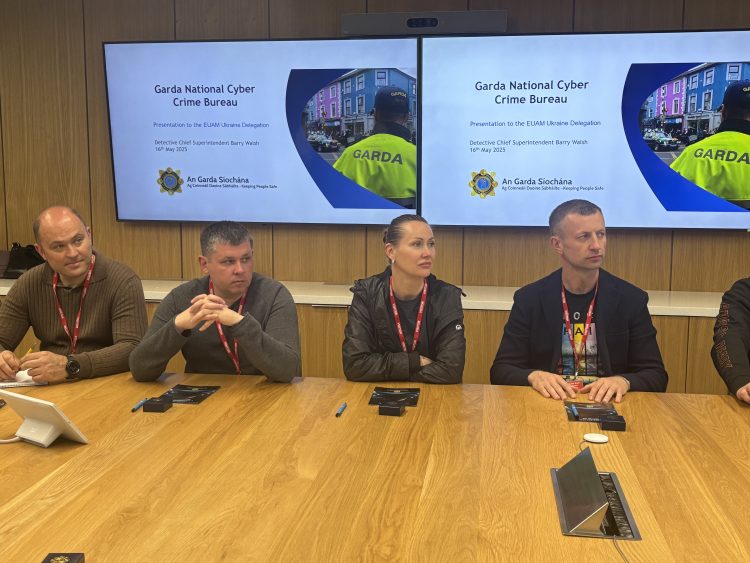
Cooperation That Goes Beyond Borders
Perhaps the most lasting impact of the visit came through the relationships built. At Garda Headquarters, participants met with officers from EUROPOL, INTERPOL, the SIRENE Bureau, and the Mutual Legal Assistance section. They reviewed how European Arrest Warrants are issued, how information flows through the Schengen Information System, and how to streamline cross-border legal requests.
Ireland’s authorities confirmed that requests from Ukraine are now treated as a priority. Contact points were exchanged, creating direct professional channels that will strengthen investigations going forward.
“EUAM is committed to strengthening the capacity of our Ukrainian partners through tailored training programmes,” said Christopher Elliott, a Criminal Investigations Adviser on Organised Crime at EUAM Ukraine. “But beyond classroom-based learning, study visits like this are essential as they transform theory into practice. Our Ukrainian prosecutors and investigators not only learn about European standards — they see how those standards are applied in real-life investigations. In a country facing the pressures of war and as a consequence evolving cross-border crime, that kind of practical insight and direct cooperation is invaluable.”
As Ukraine continues aligning its justice system with European standards, hands-on international cooperation is more than just support — it is strategy. This visit to Ireland helped Ukrainian prosecutors and police officers gain not only practical tools but trusted partners. In a fight that spans borders, those connections may be among their strongest defences.


